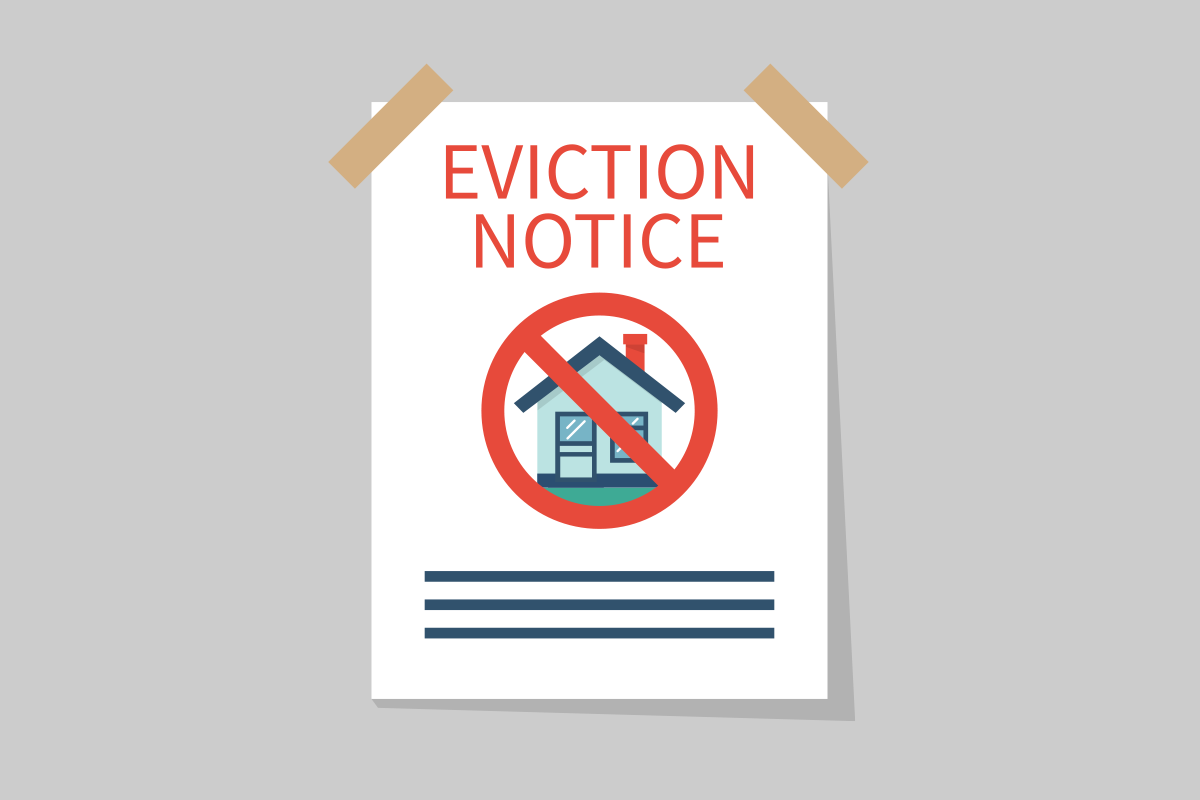 (305) 771-0606
(305) 771-0606

COVID-19 has had a devastating effect on people and communities throughout Florida, especially renters. According to a study done in 2019, “ [t]he number of renters in Florida increased from 1,816,452 to 2,594,967 households between 2000 and 2017.” In 2017, 34.85% of people in Florida rented their homes. Being that Florida has many residents that choose to rent their homes, COVID-19 has directly impacted these tenants and landlords drastically.
“On Aug. 1, Gov. Ron DeSantis issued an executive order extending Florida’s ongoing moratorium on evictions and foreclosures related to people impacted by COVID-19 through Sept. 1. This new order came with a twist: landlords and banks can now file court papers and serve tenants and homeowners with summons notices — notices that have been prohibited since April,” writes, Rene Rodriguez and Douglas Hanks, of Miami Herald.
This means that landlords can now file these papers in Court and basically set themselves up in a line to get these eviction papers filed when the due date of September 1st arrives. The governor is not allowing Landlords to remove residents from their homes as of now – but that is subject to change on September 1st when the Ongoing Moratorium ends.
When September 1st arrives, and the courts begin to go over the cases that have been filed, the judge that presides over each case will be the deciding factor in whether the eviction will be authorized or not.
The best way to get through these tough times, whether you are a landlord or a tenant, is to stay informed. If representation is needed, reach out to us at Daneri Diez for a free, no-obligation consultation at (305) 771-0606.
References:
http://flhousingdata.shimberg.ufl.edu/2019-rental-market-study.pdf
https://www.miamiherald.com/news/business/real-estate-news/article243570437.html